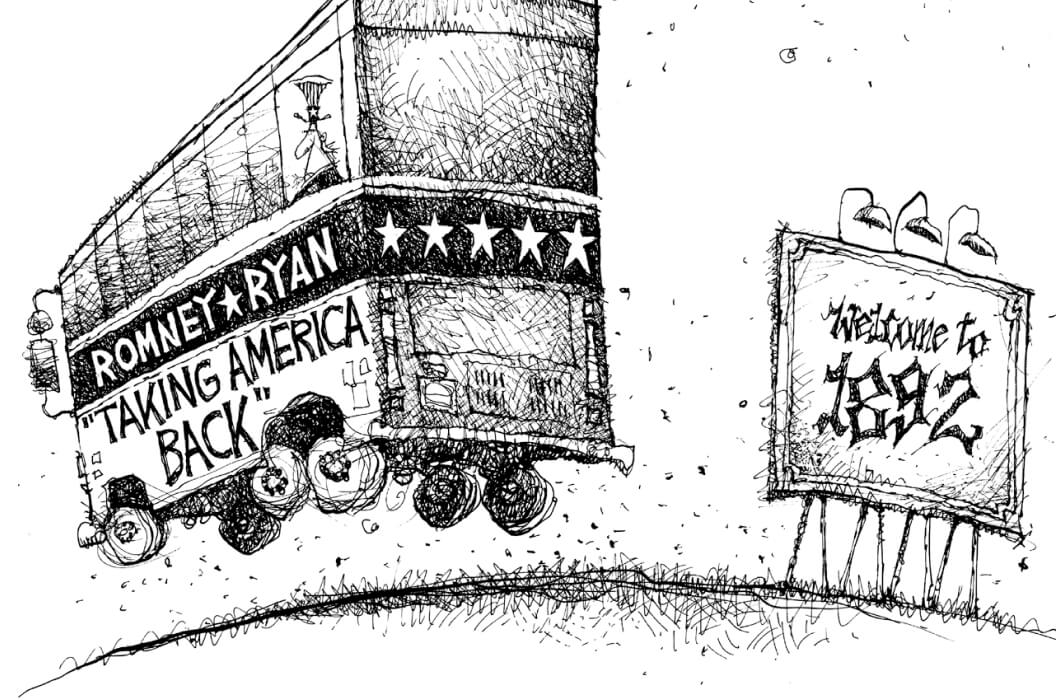Press Criticism

Not wanting to believe the results
How did the Times run a story suggesting, without basis, that voter bias may have played a material role in Chris Quinn’s dismal third place showing in New York City’s Democratic mayoral primary? Missing: a willingness to confront the substantive reasons why voters rejected Quinn. Ever hear of the dictatorial way in which she ran the City Council?
Even best medical reporting infected with “make do” bias
"Colonoscopies Explain Why U.S. Leads the World in Health Expenditures" is important reading and met some of its ambitions. But the article overplayed over-treatement and underplayed under-treatment, failed to appreciate the importance of searching for the best treatment, and needlessly overdramatized price variability.
NYT story just an excuse to bash welfare state
Intent on demonstrating that the Danish model is unsustainable, the article in The New York Times exaggerates reforms, characterizes fundamental elements of social safety net as “perks,” and fails to notice that, as one of our sources explained, “the Danish welfare state is alive and well, it has wide public support, and it isn’t going anywhere.”
New York Times flogs pension problems, ignores regional context in Detroit post-mortem
A front-page article exemplifies exactly the kind of one-sided narrative of Detroit’s decline that has prevented meaningful debate about the city’s complex problems and their potential solutions.
Journalists in the service of Pete Peterson
Most of those who interview or moderate for Peterson’s “fiscal summits” appear to themselves believe that it’s “not realistic” to believe the country can afford the programs it used to. Those who are prepared to be “adults," they think, will not flinch at these “hard truths” and recognize that it is time to take citizens-have-to-do-with-less medicine. The proof is in the questions.
Never select a political reporter for jury duty
More political reporters are either unable or unwilling to harness the cognitive and analytic effort involved in grasping basic evidentiary principles. But figuring out what impact is more likely than not to flow from a tax cut or from switching Medicare to a voucher system really isn't so hard.
Here’s one we can solve
In an article about America’s physician shortage, The New York Times fails to adequately explain the causes of that medical emergency. And even though the solutions are hiding in plain sight, you will not find them in the piece. In the end, the article not only fails to move the debate forward, it lets policy makers off the hook for missing opportunity after opportunity to address the issue.
Throwing the baby out with the bath water
An outstanding reporter unaccountably prescribes a one-sided regimen of dispensing with annual physical examinations and cutting back on routine testing of both invasive and non-invasive testing, all without appreciating the potential costs to patients. Teaching better judgment? Yes. Minimizing data and communication? No.